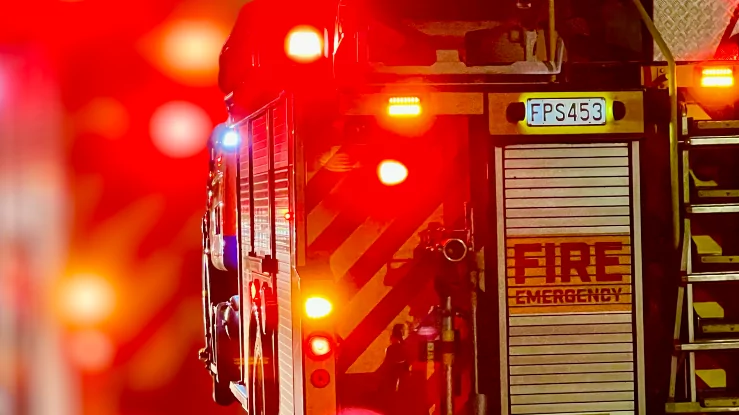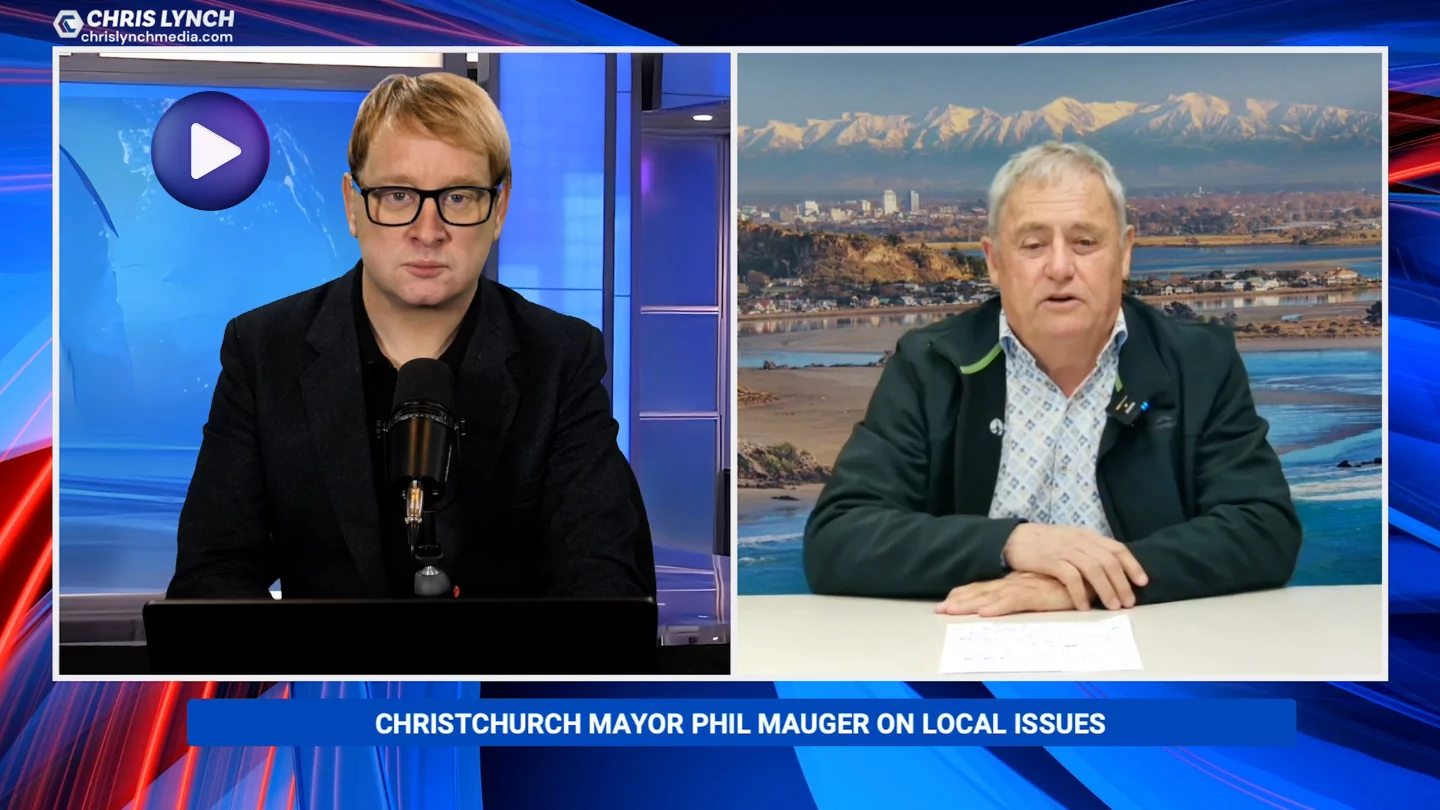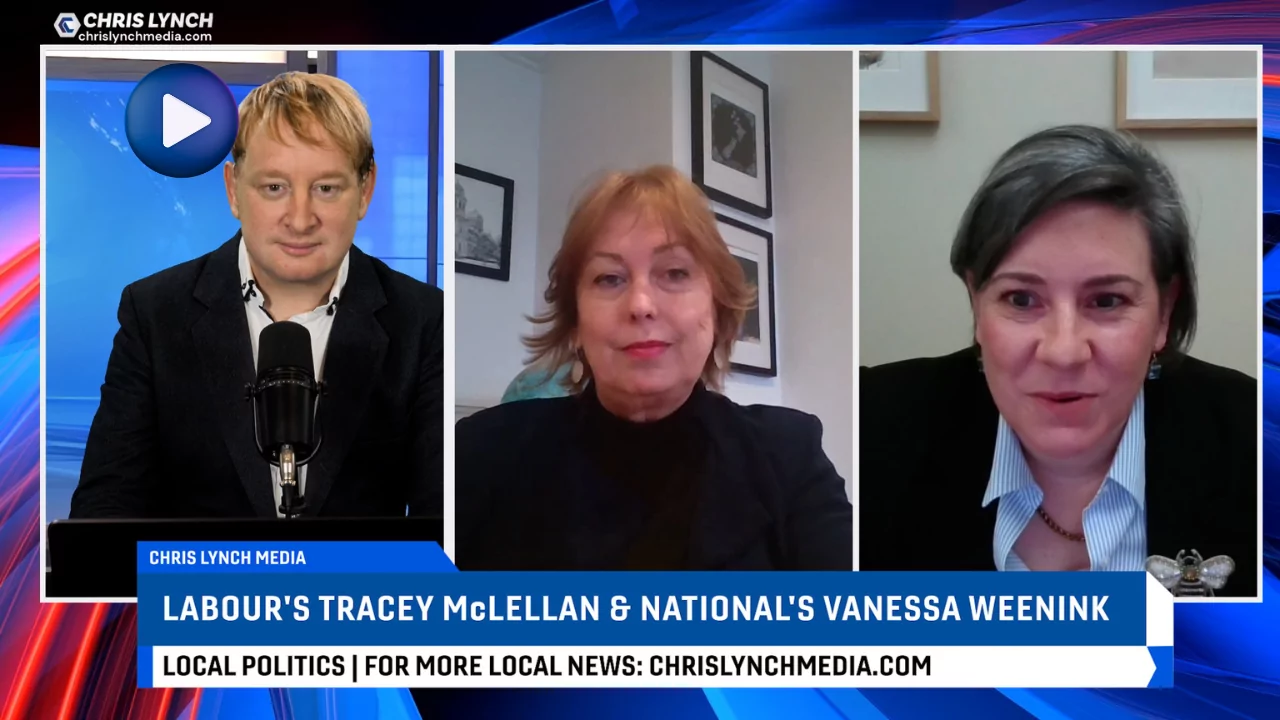Canterbury and the West Coast DHBs are implementing contingency plans for the strike action planned by New Zealand Nurses’ Organisation (NZNO) and Midwifery Employee Representation & Advisory Service (MERAS) members on Thursday 19 August.
NZNO members are striking for eight hours between 11am and 7pm, while MERAS midwives are striking for 12 hours between 8am and 8pm.
Chief Executive for both DHBs Dr Peter Bramley said contingency plans are about rescheduling what isn’t urgent and reducing the demand on the staff who will be working on those days.
“111 calls will be responded to as usual and people should access urgent and emergency care as they normally would – but you can expect staff to be stretched and wait times to be longer.”
Women who are pregnant should contact their Lead Maternity Carer as they would normally if they have concerns or suspect they are in labour.
Acute services will also remain available throughout the period of the planned strike, such as unplanned or emergency surgery, all intensive care units, Oncology and the Renal Dialysis unit and all maternity units.
“We have agreed plans with the local union representatives to provide life-preserving services (LPS) to ensure patients receive safe and appropriate care during the strike period in all of our areas.”
“There are close to 5000 nurses, midwives and healthcare assistants at Canterbury DHB and an estimated 250 or so on the West Coast who may strike. “
“The strikes are expected to cause significant disruption to non-urgent services in both DHB areas and could mean longer waits for acute or emergency care with fewer staff working.”
The DHBs have started contacting people with surgery or outpatient appointments scheduled for just before or during the strike period, and they’re rebooking these appointments to ensure there is sufficient capacity to continue to provide emergency care during the strikes, and to reduce the demand on staff.
Similarly, emergency caesareans will continue to be available to women who need them, but elective (planned) caesareans and inductions of labour will not go ahead unless clinically indicated.
“Our advice to women due on or near the day of the strikes is to stick to the plan you have with your LMC midwife or the hospital clinic. If a maternity-related booking or appointment with us needs to change, we will let you know. If you go into labour, contact your LMC to come in to be assessed.”
“Urgent procedures and non-deferrable surgery, such as cancer surgery will be prioritised to go ahead during the planned strike period on a case-by-case basis,” Dr Bramley says.
“We will also be discharging as many patients as is safe ahead of the strike period, reducing the number of people in our care in anticipation of our reduced workforce for the period of the strike.
“We need to ensure those working during that period are available to care for patients with high and complex needs, as well as those needing emergency care,” he says.








